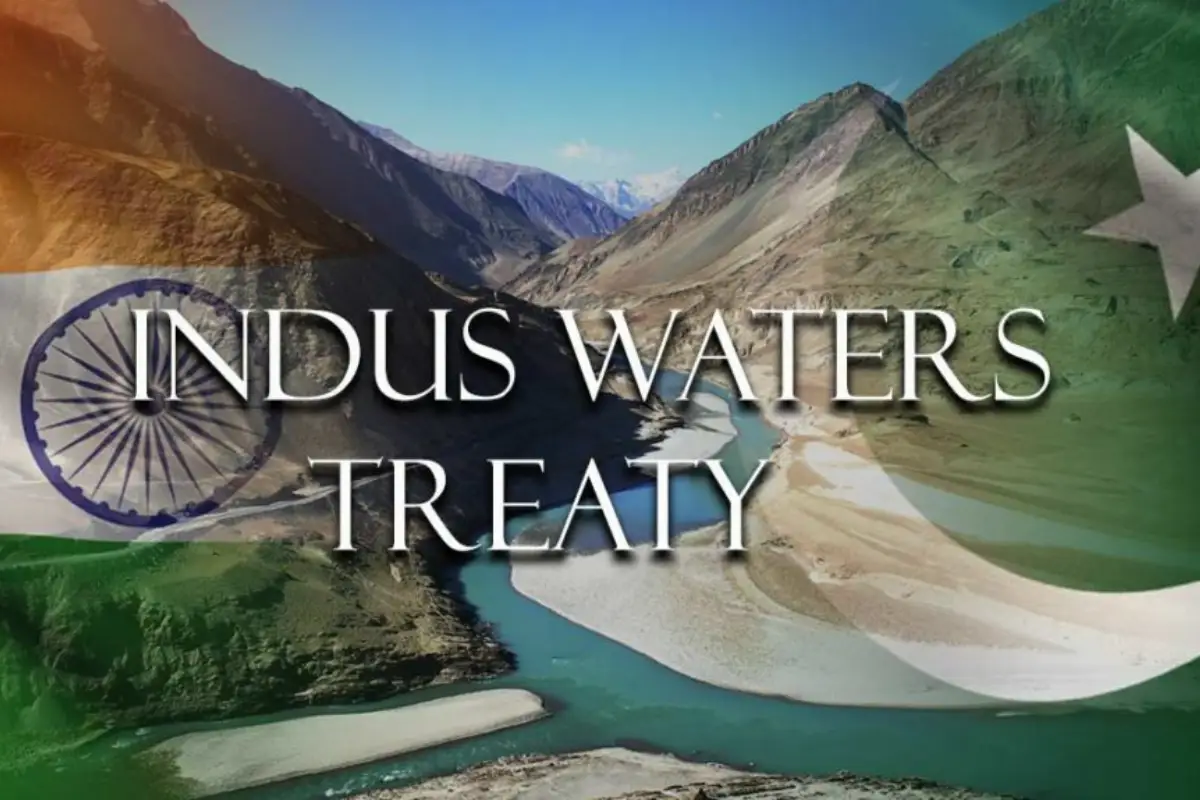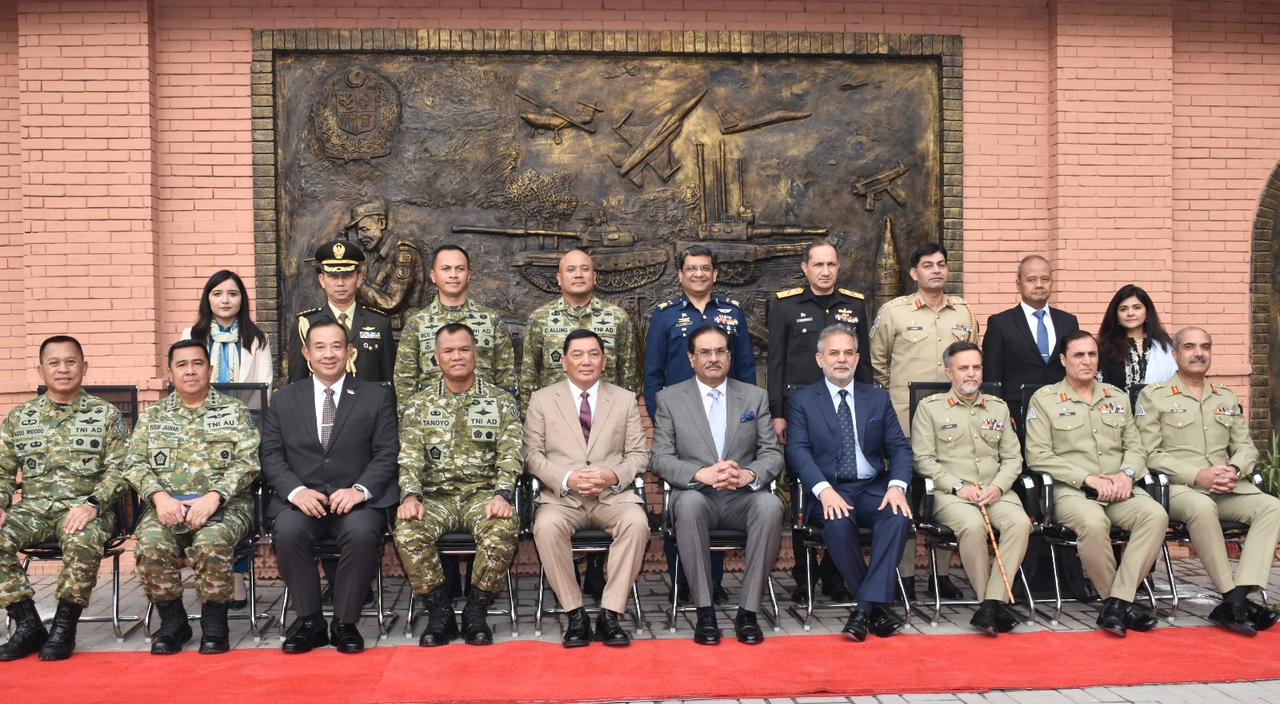India’s Indus Waters Treaty suspension is a serious violation of international law

Pakistan prepares legal and diplomatic response to India’s suspension of Indus Waters Treaty
India’s suspension of the Indus Waters Treaty undoubtedly indicates India’s aggression and extremism, but it is worth noting here that India cannot unilaterally suspend or abrogate this treaty.
The Indus Waters Treaty is an internationally recognized policy and guaranteed agreement. If India unilaterally suspends or abrogates the Indus Water Treaty, then questions will be raised on all the agreements that have been signed with other countries. It should also be remembered that the World Bank is also the guarantor of the Indus Water Treaty.
The question here arises whether India can unilaterally abrogate or suspend the Indus Waters Treaty. Under the treaty, India has no legal authority to abrogate or suspend the Indus Waters Treaty on its own.
Article 12(4) of the treaty grants the right to terminate the treaty only if both India and Pakistan agree in writing. In other words, to terminate the Indus Waters Treaty, a termination agreement has to be drafted by both states and then ratified by both.
This agreement contains no unilateral “suspension” clause. It is of an indefinite duration and is never intended to be time-specific or event-related.
Both these countries are equally bound by the Indus Waters Treaty. Deviating from either agreement is actually a violation of it.
If India unilaterally stops following the agreement by giving justifications like “annulment,” “suspension,” “withdrawal,” or “cancellation,” etc., what it really means is that it has decided to obstruct the flow of water to Pakistan. In other words, what India would call “annulment or withdrawal,” Pakistan would interpret as “violation.”
The question is also what will happen if India blocks Pakistani water downstream, and can this set an example upstream for China? If India tries to block the flow of water from Pakistani rivers, it will not only violate international water law but will also set a dangerous precedent.
However, according to international law, a country with upstream access (such as India) does not have the right to intercept the water of a downstream country (such as Pakistan), whether or not the Indus Waters Treaty exists. If India takes such a step, it will establish a new practice at the regional level, which could be used as a precedent in international law.
Moreover, China could take advantage of this, which could use the same Indian approach as a basis to block the water of the Brahmaputra River.
Thus, this step by India will not only be dangerous for Pakistan but may also prove detrimental to India itself, as powers like China will be watching this situation closely.
The Indus Waters Treaty, concluded in 1960, is a strong and lasting agreement in its nature that does not include any kind of unilateral suspension or termination clause, but rather its amendment is possible only through mutual consent of both parties and a formally ratified agreement.
India’s unilateral suspension of the treaty is not only a violation of its established mechanisms, such as dispute resolution through the Permanent Indus Commission, impartial experts, or an arbitral tribunal, but it is also contrary to the spirit of the treaty.
This agreement has stood the test of time despite several wars and political tensions in the past, further strengthening its legal and moral strength.
Catch all the Pakistan News, Breaking News Event and Trending News Updates on GTV News
Join Our Whatsapp Channel GTV Whatsapp Official Channel to get the Daily News Update & Follow us on Google News.













